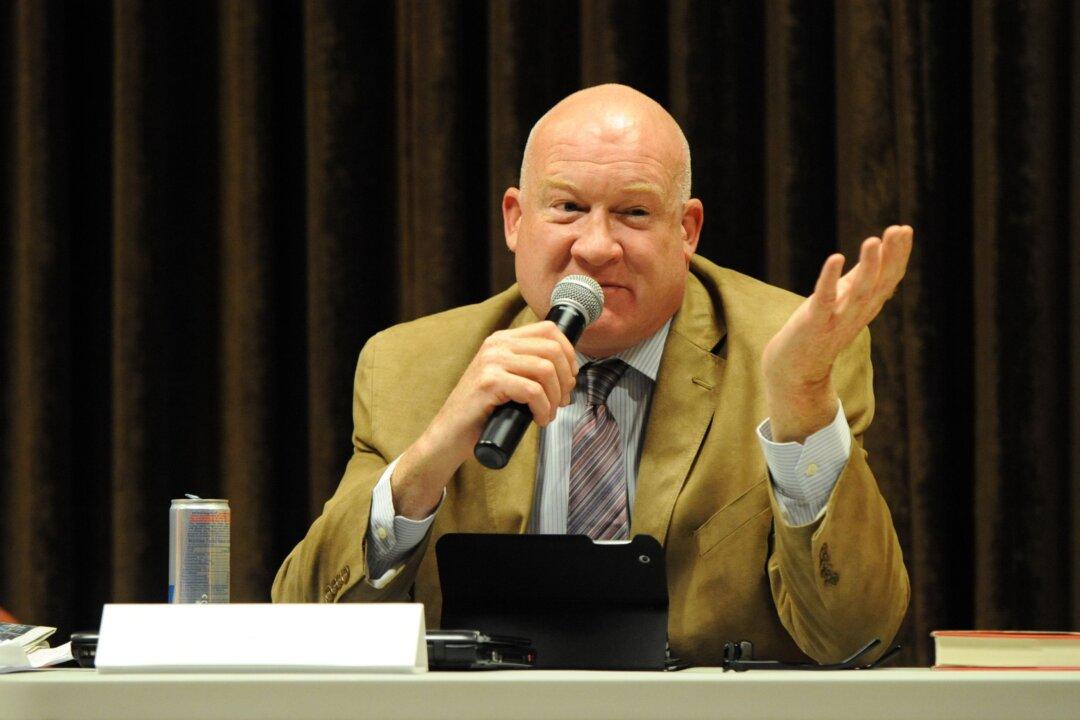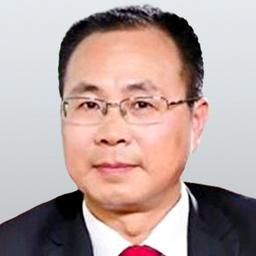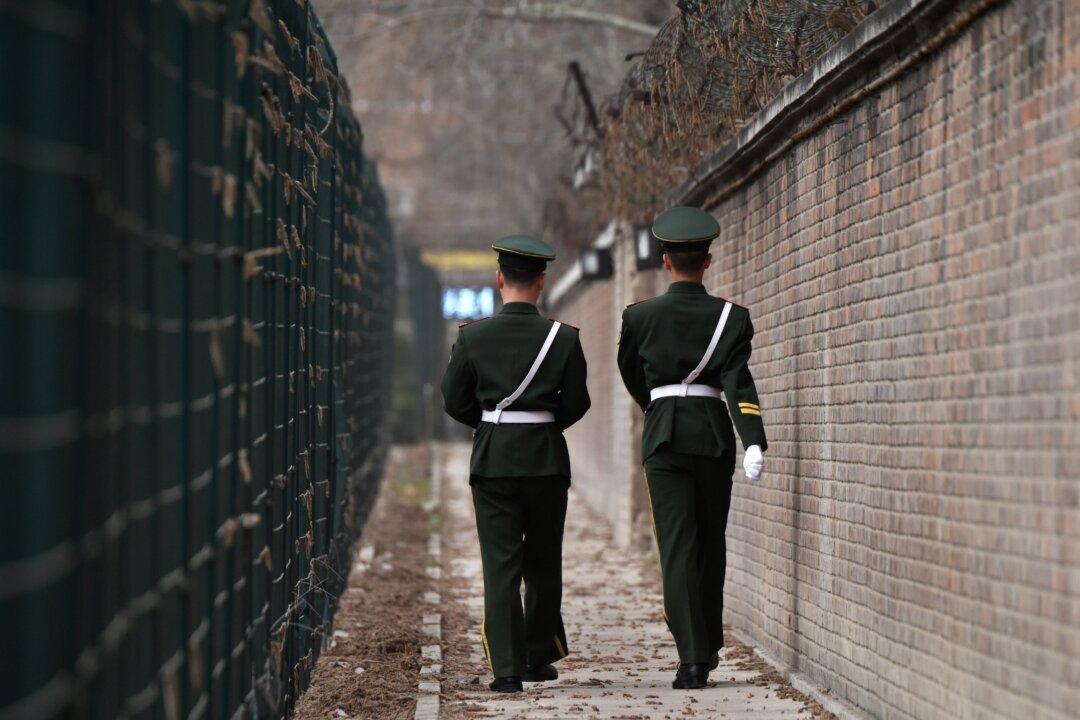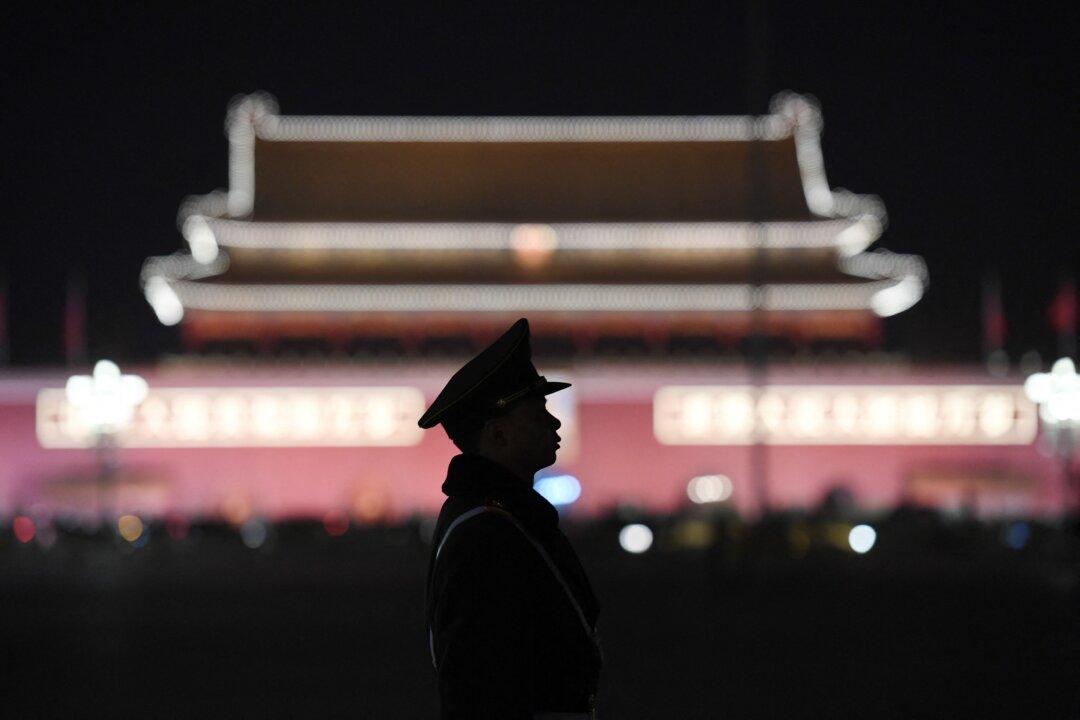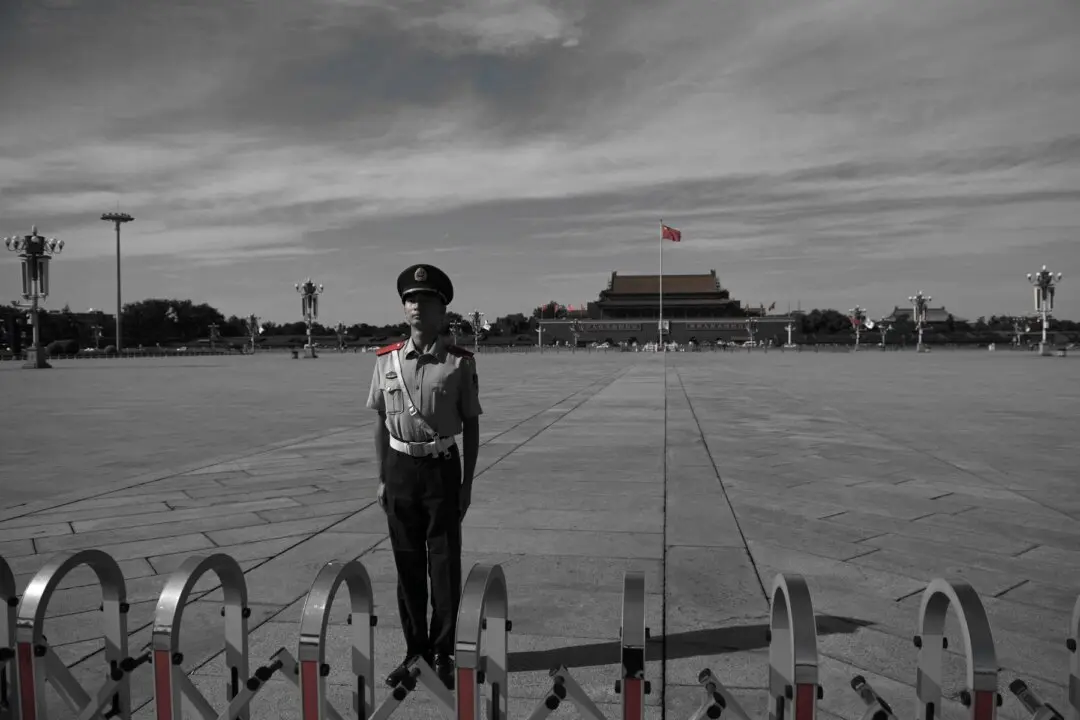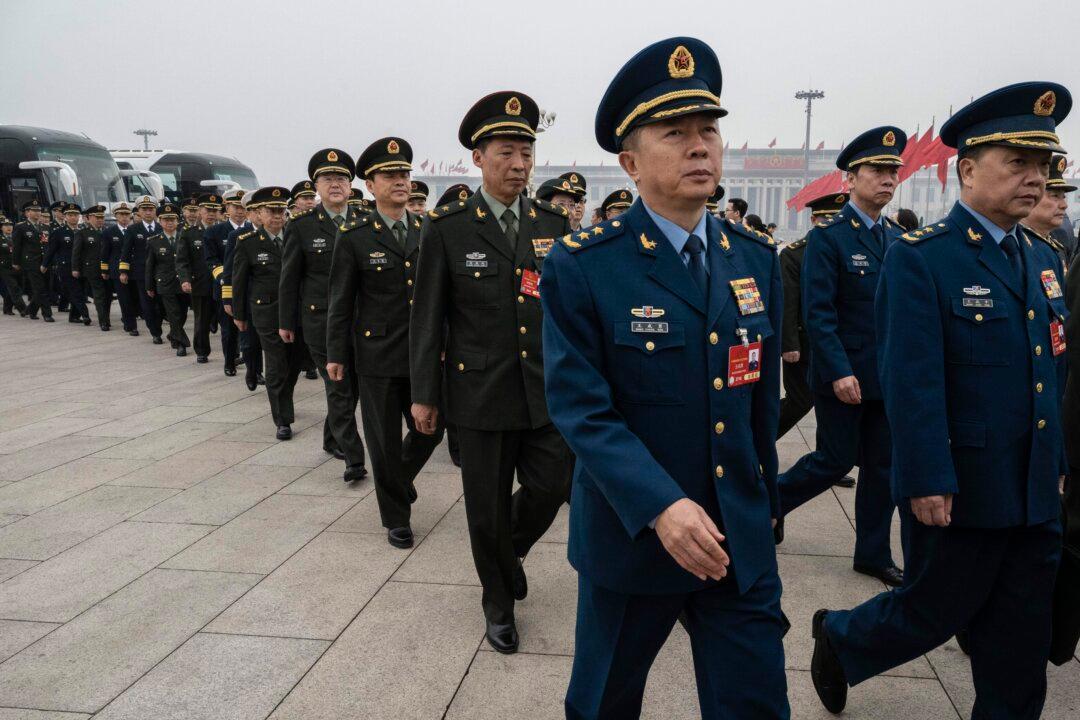Commentary
In the final judgment of the China Tribunal—an independent people’s tribunal based in London—the expert panel concluded that forced organ harvesting had been committed by the Chinese regime “for years” and “on a significant scale,” and that practitioners of the spiritual discipline Falun Gong likely had been the main source of the organs.
